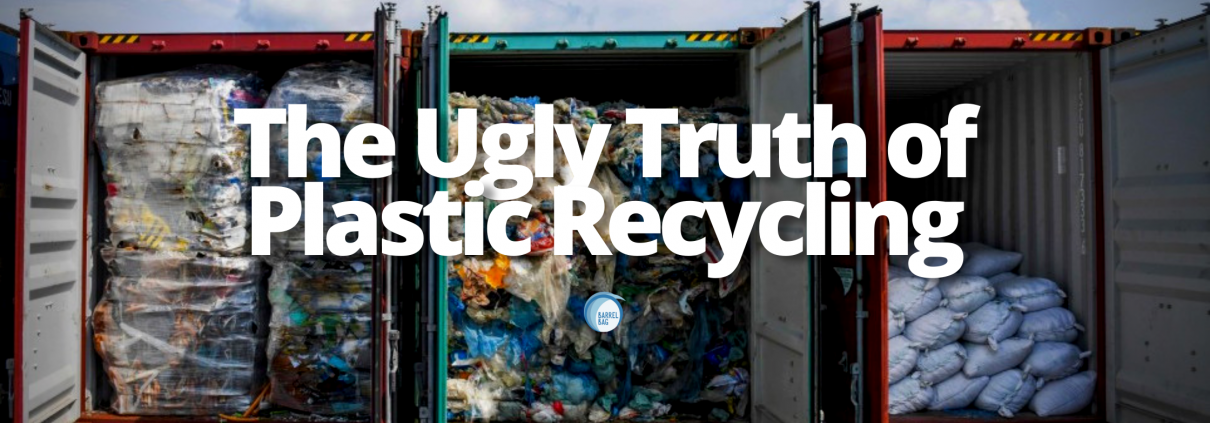Where Does Our Plastic Waste Go?
Many reports, including the one published in 2016 by the Ocean Conservancy and the McKinsey Center for Business and Environment, listed these top 5 countries as the most prominent plastic polluters: China, Indonesia, the Philippines, Thailand, and Vietnam. Ironically, four out of five of these countries contribute the least to annual carbon emissions worldwide.
There are multiple reasons why these countries are coined to be the “biggest plastic polluters,” including the mishandling of plastic waste, inaccessibility to sustainable goods, or outcomes of consumerism and capitalism. Out of curiosity, I wonder why reports usually end up with these rankings. After investigating, I found out that there is a coin often unturned. The plastic waste found in these countries does not entirely belong to them.
HOW DID ALL OF THIS START?
Until 2018, China managed to buy recyclable plastic waste from many western countries like the US, Britain, and Germany, among many others, to transform these into new products sold back worldwide. However, the problems of contamination and pollution forced them to ban the importation of plastic waste. They declared they would no longer buy plastic waste that is not 99.5% clean or pure, leading to the US and other western countries scrambling to offload their trash elsewhere.
“Instead of taking responsibility for their waste, US companies are exploiting developing countries that lack the regulation to protect themselves,” said John Hocevar, Oceans campaign director for Greenpeace USA.
Many Western countries grew into the practice of dumping their waste on different soil. In a recent report by the Guardian in 2019, they discovered how US waste travels overseas and overwhelms the world’s poorest nations. They found that thousands of tons of US plastic are shipped annually to poorly regulated developing countries because of recycling’s labor-intensive process.
Last 2018, they discovered that the US exported 68,000 shipping containers of American plastic recycling to developing countries like Bangladesh, Laos, Ethiopia, and Senegal. These countries became a hotspot for US plastic recycling because of the cheap labor and limited environmental regulations. Aside from the US, the European Union is also a significant contributor to plastic waste.





